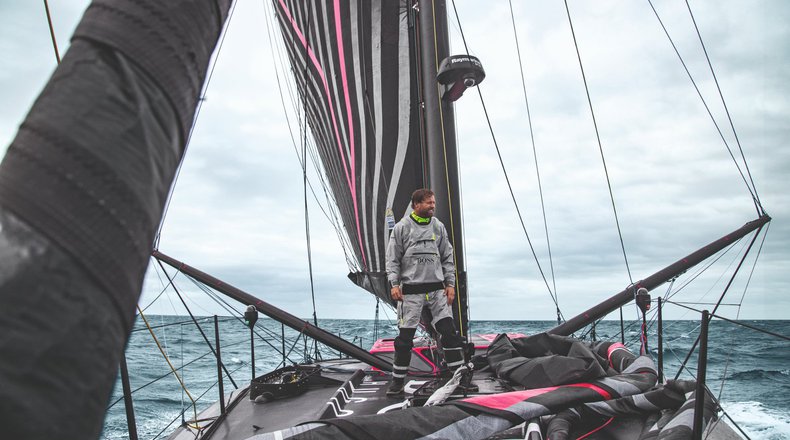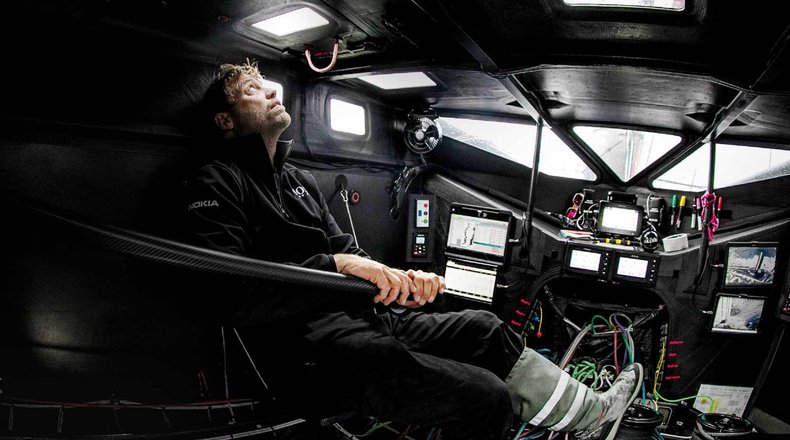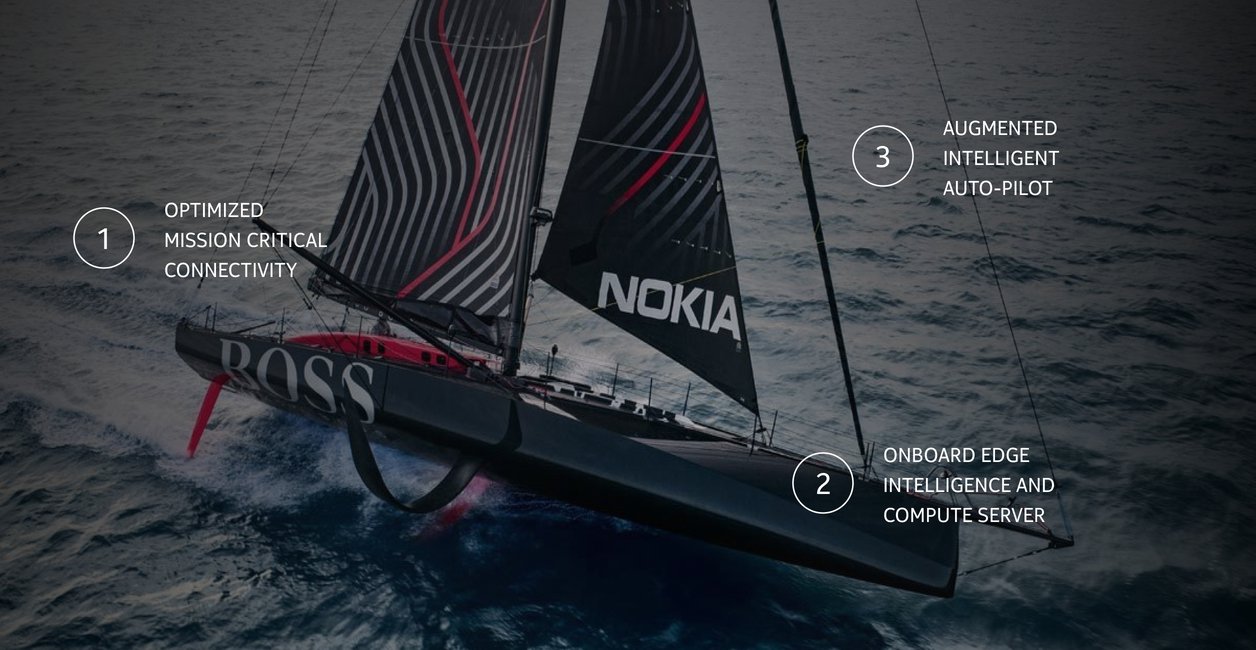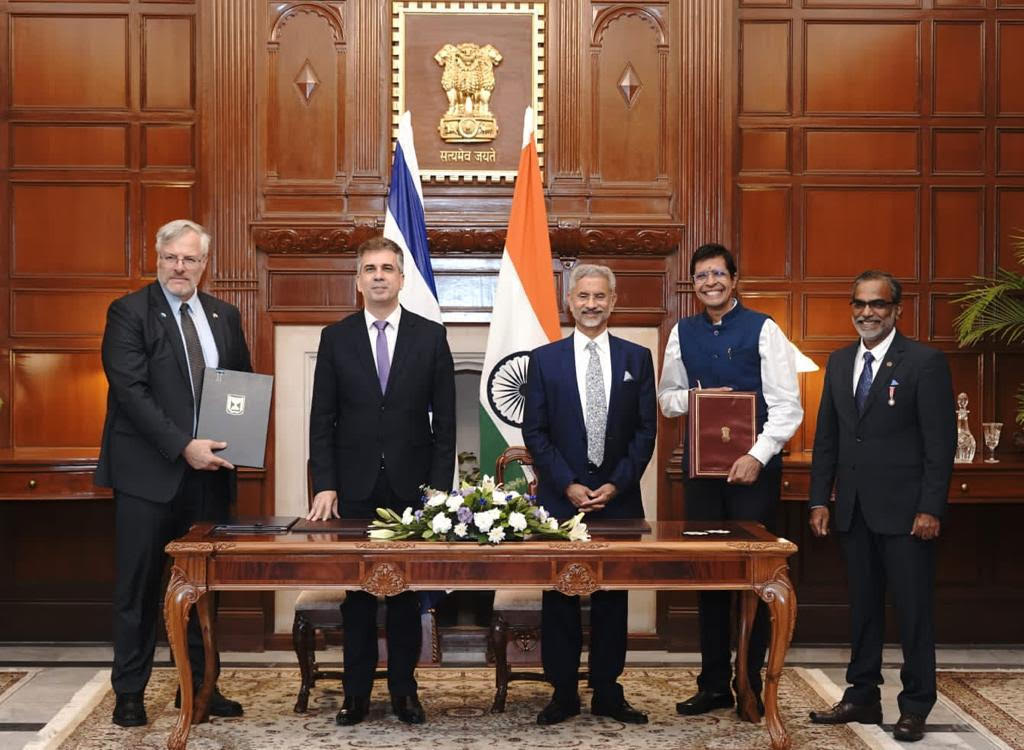Bengaluru, NFAPost: Cutting-edge technology developed by Nokia Bell Labs will augment both skipper Alex Thomson and his boat in his bid to become the first British sailor ever to win the iconic Vendée Globe race 6 November 2020 Espoo, Finland.
Nokia announced the technology that will support UK-based sailing team Alex Thomson Racing on its upcoming round-the-world race. British sailor Alex Thomson is preparing to depart on Sunday 8 November onboard his HUGO BOSS boat from Les Sables-D’Olonne on France’s west coast to begin the Vendée Globe – a 24,000-mile, solo, non-stop, unassisted race around the world.
The technology partnership, which began in September 2018, has Nokia Bell Labs working alongside Alex Thomson Racing and its IMOCA (International Monohull Open Class Association) 60-foot boat to adapt existing and develop new connectivity and sensory technologies in extreme, mission-critical environments that will optimise and improve the performance of the skipper and the boat.

Utilising technologies, ranging from augmented intelligence and wearable devices to sensors, machine learning, analytics and advanced communications networks, the partnership seeks to optimise the human performance of Alex Thomson while discovering and creating technologies for the 5G era that can enhance industrial IoT and mission-critical networks, so that they can operate in harsh physical environments.
Nokia Bell Labs Head of Enterprise & Industrial Automation Research Lab Thierry Klein said Nokia Bell Labs is able to apply its expertise and innovations in industrial automation and the industrial internet of things (IoT) to solve some of the biggest challenges Alex will face in the race.
“These challenges are not that different from the situations faced by workers in remote mines trying to operate cranes or engineers in wind farms in desolate and rural settings. By optimizing Alex and his racing boat, we are creating the ideal symbiosis between man and machine that will help give Alex the edge he needs to win,” said Nokia Bell Labs Head of Enterprise & Industrial Automation Research Lab Thierry Klein.
Advanced sensors collect a large amount of data that is linked to data analytics and machine learning algorithms. Alex is wearing a custom-built sensing device to continuously monitor his physiological well-being. An array of hardened sensors are augmented with a network of nine cameras to deliver live video streams for a full 360-degree view of the boat and the sails.

To guide Alex towards effective decision-making, Nokia Bell Labs built custom mobile applications for onboard data visualization.
The new state-of-the-art IMOCA 60 boat, HUGO BOSS, is equipped with advanced technology and communication solutions based on Nokia Bell Labs innovations.
Seamless and reliable connectivity provides timely weather information for navigational and routing systems, and allows Alex to remain connected with his family and fans onshore in harsh conditions in the most remote parts of the world.
An onboard edge intelligence and compute server collects, stores and analyzes data from all sensors and interfaces with the critical boat systems. Designed for rugged environments and optimized for size, weight and power consumption, it serves as the central brain of the onboard intelligence and data analytics modules that power the real-time awareness and optimization of the boat.
An augmented intelligent auto-pilot uses sophisticated machine learning models and algorithms to enhance the performance, robustness and stability of the onboard auto-pilot system through automated sensor-driven adjustments and performance prediction.





